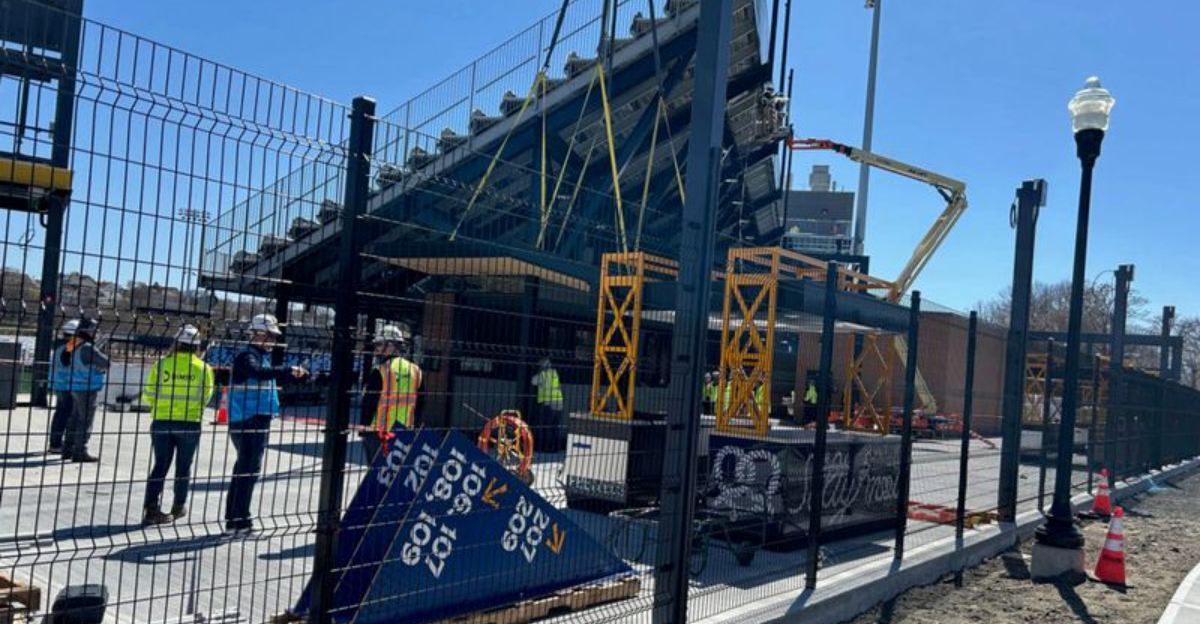
Rhode Island’s enchanting coastal towns, celebrated for their picturesque beauty and timeless charm, have long been a haven for those seeking tranquility and a slower pace of life. However, the surge in tourism over recent years has brought a wave of change that is reshaping the very essence of these serene communities.
While the influx of visitors injects vital economic benefits, supporting local businesses, creating jobs, and funding preservation efforts, it also presents significant challenges that threaten the delicate balance between growth and authenticity.
1. Loss Of Local Character And Community Resentment
In a town like Newport, the focus has shifted heavily towards the hospitality industry. Long-time residents feel overshadowed as local businesses pivot to cater to tourists. The once vibrant community atmosphere fades as visitor traffic dominates.
Local identity seems to dissolve into a visitor-centric experience. The shared spaces between locals and tourists become muddled, creating a sense of resentment. The unique charm of a New England town, where history and community intertwine, is replaced by a commercial landscape that feels less genuine.
2. Environmental Degradation And Over-Strained Infrastructure
Block Island, once a pristine escape, now struggles with visitor influx. The delicate infrastructure is overburdened, leading to evident environmental stress. Water usage spikes and waste management struggles to keep pace.
The idyllic coastal image tarnishes as congestion and pollution rise. The natural beauty, a primary draw for visitors, feels compromised. Public services face challenges, reducing the quality of life for both residents and guests.
3. Deterioration Of Natural And Historic Coastal Attractions
Coastal erosion poses a serious threat to iconic landmarks like Newport’s Cliff Walk. Rising sea levels and storms accelerate damage, demanding frequent, unappealing repairs.
These repairs, often visible and invasive, disrupt the timeless allure of these sites. The awe-inspiring places that once captured imaginations are now marred by erosion and infrastructure needs. The balance between preserving natural beauty and accommodating visitors becomes increasingly precarious.
4. Commercial Homogenization And Unregulated Development
The charm of New England’s coastal towns is diluted by large-scale developments. Global corporations prioritize profit, overshadowing local businesses and traditions.
This shift creates a generic, resort-like feel, eroding the unique historical authenticity. Community-oriented shops are replaced by tourist traps, altering the local fabric. The balance between preserving heritage and embracing modernity is skewed towards commercialization.
5. Cultural Festivals Turned Commercial
Once a celebration of local heritage, cultural festivals in Rhode Island’s coastal towns have increasingly become commercial spectacles. Local crafts and traditional foods are now overshadowed by mass-produced souvenirs.
This shift has resulted in a loss of authentic cultural expression, replaced by a sanitized version tailored for tourists. Festivals that once brought communities together are now bustling with visitors, often at the expense of locals’ enjoyment.
Dear Reader: This page may contain affiliate links which may earn a commission if you click through and make a purchase. Our independent journalism is not influenced by any advertiser or commercial initiative unless it is clearly marked as sponsored content. As travel products change, please be sure to reconfirm all details and stay up to date with current events to ensure a safe and successful trip.